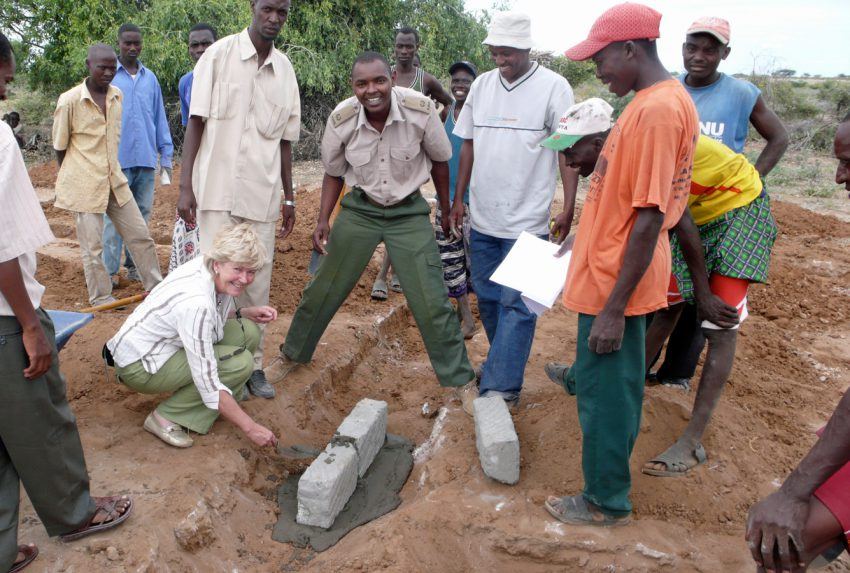Anybody who has had anything to do with charity work will understand what I mean when I say that money, given freely, without any plan for the future, is a curse; and when that money – or the goods and equipment it buys – has to cross borders so the difficulties tend to multiply. Red tape generally means spending more money. In countries compromised by weak or corrupt governance, charitable ventures are vulnerable to abuse, to both regulated and unregulated parasite industries. In worst case scenarios, aid is the reason for, and source of, organised criminal activities.
This said, charities and charitable ventures that work – that go beyond the necessity of immediate relief, that operate from the inside out, that actually empower the people they are designed to help – change lives. Taking as their modus operandi the principle that real recovery lies in the hands of the people themselves, such charities are in effect one-stop stimulus machines, the relief, education, training and finance aimed at kick-starting something – an economy – designed to endure.
Fortunately, there are plenty of truly visionary charities out there, many of which, I’m sure, you know – the Clinton Foundation, Medicins Sans Frontieres, the Bill Gates Foundation, the Robin Hood Foundation, ARK and CARE International all spring to mind.

For our part, while we work with some of the above, and especially with ARK, much of what we do we do with a small charity called Trusts for African Schools (TAS) which provides on-going support for some very poor, remote primary and secondary schools – one in Ethiopia and ten in Kenya. I am closely involved with TAS and delighted to be a trustee of such an innovative organisation. Everything is done on a voluntary basis and 100% of donations are applied to specific projects in the schools. Funds are managed by local school trusts set up and supported by TAS. Local trustees are drawn from the community with some business and professional people joining to bring additional skills and experience to the groups. The aim is to enable a community to support its own school on a sustainable basis.
The Ethiopian school, Kimphee Langano Primary School is very special to me as I helped to start it up in 1995. Journeys by Design pays the salary of a community liaison officer who supports the local community trust and facilitates the delivery of projects. Over the last 5 years TAS has funded new classrooms, curriculum resources, solar power, radios, rainwater harvesting, a small mill, fencing, salaries for 6 of the 10 teachers and cash prizes for top performing students to help them go to secondary school.
It’s not perfect. The endgame – the community being able to support the school on its own – is some way off. However, the help TAS provides is properly accounted for and the money is well used. It works.
